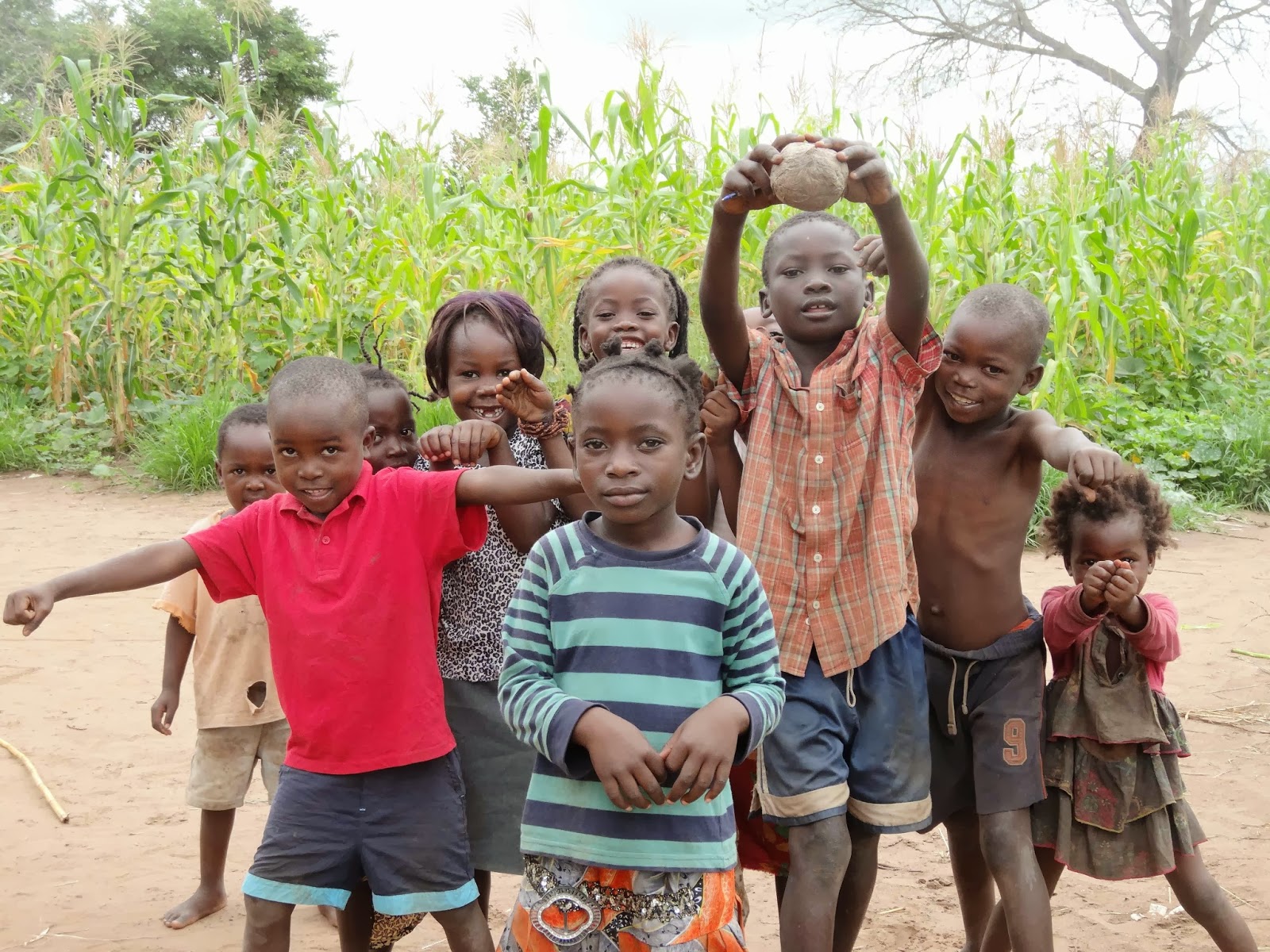As I am leaving Africa shortly to come back to the UK and resume my GOM persona, I am tending to compare the two places (more specifically Mfuwe and Brigg which have similar populations) and here are some of the results.
Traffic jams - somewhat less in Zambia- ditto parking problems
Politeness - Zambians are never rude, and in my experience never swear.
Difficulty of getting an appointment with a doctor. In Zambia - there is no problem - you just turn up. You are also more likely to get an antibiotic!
Cycle path network - there are vastly more cycle paths than roads in Zambia
Obesity prevalence - much less in Zambia- possibly related to low car ownership and high bike ownership
Breast feeding prevalence - roughly 100% in Zambia - where breastfeeding in public is not a problem.
Children able to play outdoors without danger -Zambia is better as there is always a group of kids and a granny or two to supervise.
House prices relative to incomes. I was talking to a waiter who earns the minimum wage of around £70 a month. He has recently built a new house for himself for around £300 - the plot cost him zilch. So he has a house for under 5 months wages. Whereas in the UK - the average house costs around 4 years of average wages.
Carbon footprint - the average rural zambian has extremely low CO2 emissions - a bit of wood for cooking which is renewable to some extent, clothes that are recycled from Europe so just have transport related CO2, very little motorised transport, and food production basically has zero emissions here.
Immunisation rates - All the children i see in the clinic bring their child health cards with them and i have yet to see a child who was not immunised up to date. I have not heard any parent refusing immunisation.
Medication use - In Zambia old people are not poisoned by large amounts of supposedly preventative medication.
Pointless signs and warnings - In Zambia people know that rivers, bridges, etc. are dangerous - and roads are not cluttered with annoying signs.
Personal injury litigation - (possibly related to the item above) - this does not so far seem to be common in Zambia.
Wildlife is beautiful everywhere - but probably Zambia has the edge!















